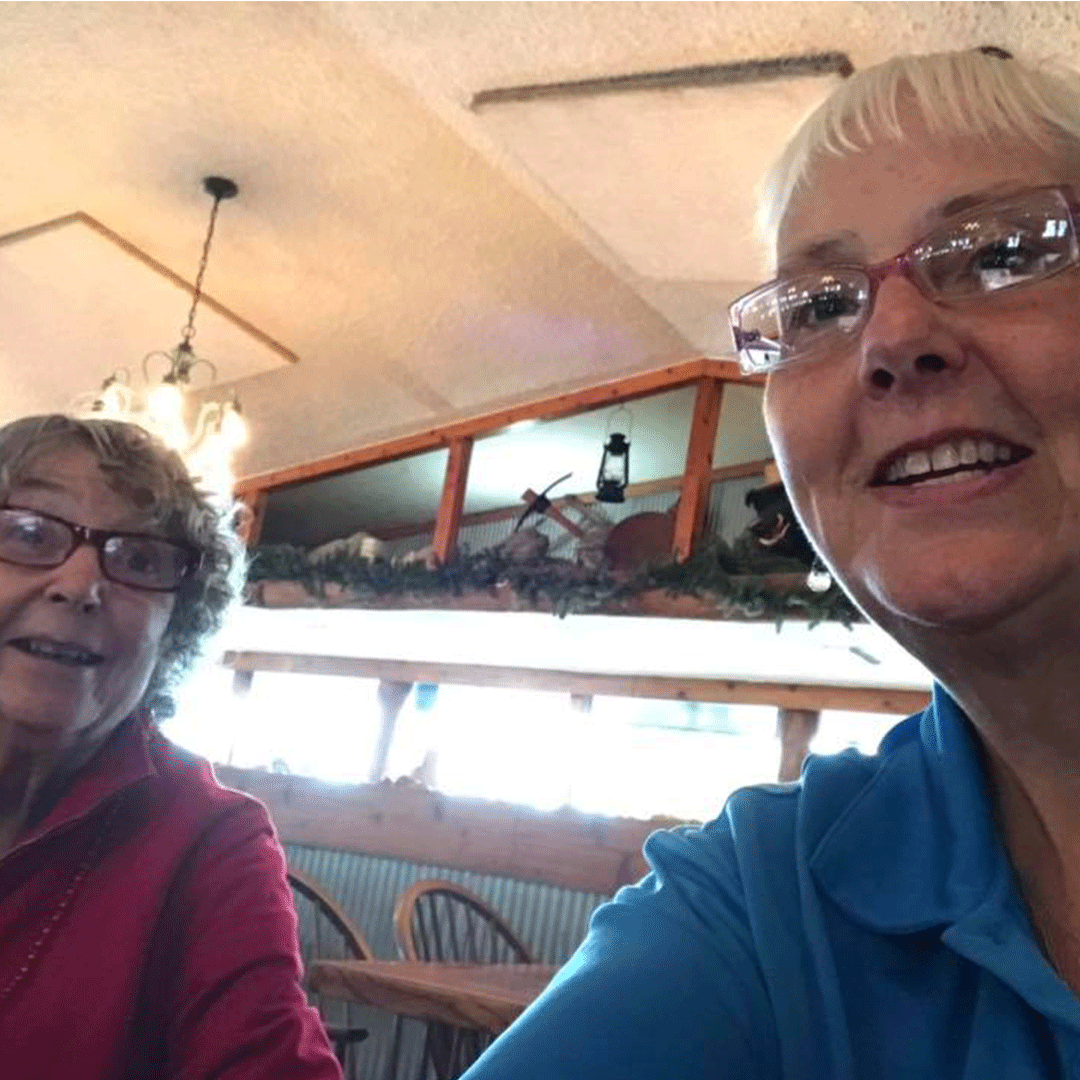Unfortunately, seniors are often the victims of financial exploitation – and when they are isolated from family and friends, the risk is even more prevalent. However, according to experts, most cases of such fraud and exploitation can be avoided by taking some simple precautions.

The pandemic caused many seniors to be isolated, and this could have put them at potential risk from scammers and thieves. For family members who are concerned for their loved ones and financial exploitation, there are a few basic steps they can take.
- Know Your Caregivers: If you decide to hire an in-home caregiver for your senior loved one, look for a bonded agency that conducts comprehensive screenings. They should also have a policy of accountability should their employee engage in theft, willing to both reimburse you and call law enforcement. Once you’ve decided on the right caregiver, pay attention to their interactions with your loved one. If they are aware that your eyes are on them, they’ll be less likely to financially abuse your family member. If you see any red flags whatsoever, don’t feel bad about replacing them.
- Keep in Contact: Losing touch with a loved one can happen over time, even if you have the best of intentions. This may be due to retirement, relocation, or the deaths of family members and acquaintances. If a senior is living in relative isolation, the risk of exploitation is higher. Stay in touch with older loved ones by visiting regularly, sending emails, texting if appropriate for your loved one, and connecting via phone and video conversations. If you can’t be there in person, encourage your loved one to meet some new people, possibly through volunteering, joining a church, or participating in local interest groups.
- Keep Track Of Accounts: These days, there are many online tools and services that will flag suspicious activity, such as unexpected large transactions, sudden changes in spending habits or withdrawals from a different location. These services can notify both you and your loved one, hopefully stopping theft, fraud, and scams in their tracks. Most services will also help a victim to report the theft and reimburse them for any loss.
- Name a Trusted Advocate: A trusted advocate is an individual that a bank or financial institution has permission to contact if they are unable to reach you in the event of suspicious activity on your account. Financial institutions can discuss account information with this advocate, but that person is not authorized to conduct transactions. You can also give someone you trusted friend access to view your account.
- Appoint a Power of Attorney: Choosing a financial power of attorney is an important step for financial security. This individual will make financial decisions for you (or your loved one) if you are unable to do so in the future. If you name two persons to this role, they can share the responsibilities and hold each other accountable – and honest. While there are basic forms for this legal transaction, it is generally best to adapt the role to your specific situation and requirements. You can name them as agents to handle all of your financial issues, or you can enumerate specific tasks such as managing rental property or filing your taxes. Use an attorney to write a concise document that clearly outlines expectations and responsibilities.
If you have a loved one in your life and you are concerned about their ability to successfully manage their financial affairs – and financial exploitation – get involved. The more eyes on a situation, the better.
At A Banyan Residence, we are dedicated to providing a safe and happy residence for Venice area seniors. Looking for an assisted living facility? Call us today for a tour and consultation.
